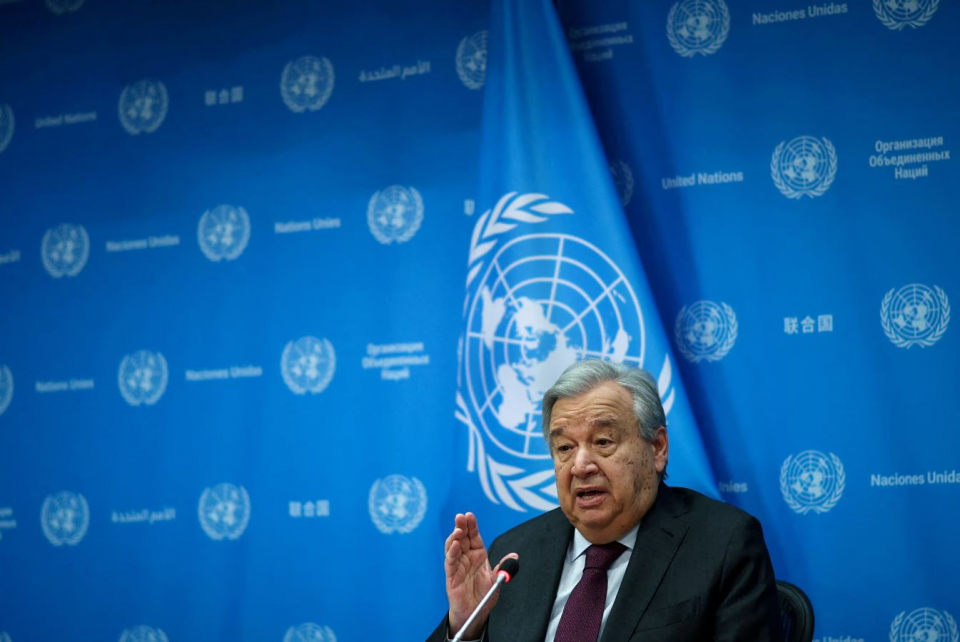United Nations Secretary-General Antonio Guterres has emphasized the importance of reparations in addressing the enduring legacy of the transatlantic slave trade, including its contribution to systemic racism in today's society.
Guterres, marking the International Day of Remembrance of the Victims of Slavery and the Transatlantic Slave Trade, stated that slavery laid the groundwork for a discriminatory system based on white supremacy that persists to this day.
He called for reparatory justice frameworks to tackle generations of exclusion and discrimination, highlighting the brutal conditions endured by millions of Africans forcibly transported and sold into slavery between the 15th and 19th centuries.
Highlighting the immense profits amassed by those involved in the slave trade contrasted with the deprivation suffered by the enslaved, Guterres underscored the need for healing, repair, and justice to create a world free from racism and discrimination.
UN General Assembly President Dennis Francis echoed these sentiments, emphasizing the urgent need for accountability and reparations as essential steps towards addressing systemic racism and discrimination faced by people of African descent.
African and Caribbean nations have joined forces to push for reparations, urging former colonial powers to acknowledge their historical crimes and provide redress. This call aligns with a UN report from September advocating for financial reparations as a means of rectifying the injustices of slavery.
The movement for reparations is gaining momentum globally, with calls for former colonial powers like the United Kingdom, France, and Portugal to acknowledge their responsibilities. Leaders in the Caribbean Community Political and Economic Union (CARICOM) have established a reparations commission to pursue various forms of redress, including debt forgiveness and assistance with public health emergencies.
As discussions around reparations continue, scholars and activists emphasize the importance of addressing historical injustices to pave the way for a more just and equitable future.

















